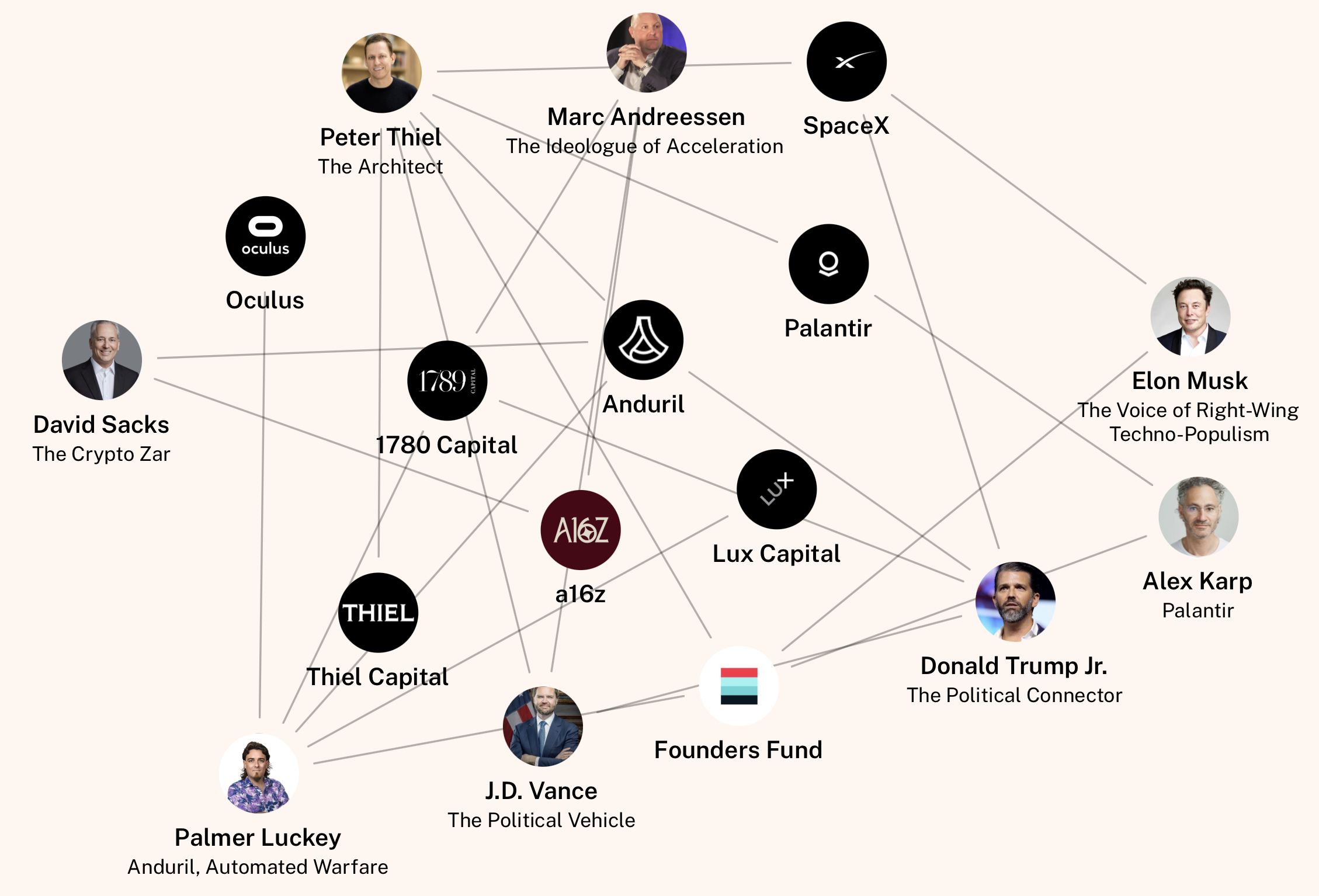Gaza Sky Geeks (GSG) gave the Gaza Strip a glimpse of an international future, training thousands of young people training in coding, digital marketing, graphic design and entrepreneurship. This offered them a gateway to new remote work from within the besieged territory. Then Hamas attacked Israel, killing about 1,200 people and taking more than 200 hostages, and Israel launched a full-scale war. Rest of World takes a look at how GSG got started, the challenges it faced as it established itself, and where the community is now.
Stability AI largely wins U.K. court battle against Getty Images over copyright and trademark.
@AssociatedPress reports: https://flip.it/yWfu7w
When hackers hit a company with a ransomware attack, another company that specializes in negotiating with the perpetrators may step in. Two such specialists were recently charged by the U.S. Dept. of Justice for carrying out ransom attacks of their own. @Techcrunch has more:
What jobs is AI actually replacing? Henley Wing Chiu, who blogs about enterprise tech at Bloomberry.com, analyzed 180M job postings to find out. He found that the job with the biggest decline is computer graphics artist, with photographer, journalist and writer high on the list too. Some of the shifts aren't to do with AI. At least three of the top 10 declining roles are in sustainability and compliance positions — symptomatic of the U.S. government's approach to regulation and the environment. Which jobs are on the up? Machine learning engineer and trade compliance specialist.
#Tech #Technology #ArtificialIntelligence #TrumpAdministration #Sustainability #Jobs #Employment
After the European Stack, Francesca Bria documented the “authoritarian stack”, or how the concentration of capital, #tech and #military creates the new US-led military-surveillance complex and how it threatens Europe.
https://www.authoritarian-stack.info
This is basically the visual representation of the “Apocalypse Nerds” book for those who don't have the time to read it.
Submissions for Fediverse FOSDEM 2026 are now open!
We had a brilliant time at FOSDEM last year and we're hoping to be back in Brussels in 2026.
If you have a talk, an idea, or something to show off, why not take a look at signing up?
https://socialwebfoundation.org/2025/10/31/fosdem-2026-social-web-devroom-call-for-participation/
#FOSDEM #Fediverse #SocialWeb #CallForParticipation #Tech #Brussels #SocialMedia #BuildInPublic
Submissions for Fediverse FOSDEM 2026 are now open!
We had a brilliant time at FOSDEM last year and we're hoping to be back in Brussels in 2026.
If you have a talk, an idea, or something to show off, why not take a look at signing up?
https://socialwebfoundation.org/2025/10/31/fosdem-2026-social-web-devroom-call-for-participation/
#FOSDEM #Fediverse #SocialWeb #CallForParticipation #Tech #Brussels #SocialMedia #BuildInPublic
In the midst of an unprecedented AI buildout, Meta is reportedly spending as much as $600 billion on U.S. infrastructure over the next three years. That's making Wall Street nervous. @Techcrunch explains:
For years, Meta fostered an industry of viral content on Facebook. As the company transformed its main feed into a "discovery engine" of recommended posts from random pages and accounts, creators supplied a stream of content crafted for the algorithm for in some cases very large sums of money. But over the last year, some creators say this dynamic has broken down. One grew so frustrated, he's filed dozens of lawsuits in small claims court over the last year. Read more from @Engadget:
Bluesky, hits 40 million users and will roll out “dislikes” soon. @Techcrunch has the story:
15 years in and we're just getting started! Flipboard's CEO
@mike spoke with @forbes's Andy Meek about being digital survivors, @surf, and our role in the future of publishing.
#Technology #Tech #Media #Journalism #Publishing #Flipboard #Apps #SocialMedia #OpenSocial #SurfSocial
15 years in and we're just getting started! Flipboard's CEO
@mike spoke with @forbes's Andy Meek about being digital survivors, @surf, and our role in the future of publishing.
#Technology #Tech #Media #Journalism #Publishing #Flipboard #Apps #SocialMedia #OpenSocial #SurfSocial
Apple delivers strong quarter despite trade war challenges and ongoing artificial technology issues.
@AssociatedPress reports: https://flip.it/G0.Rs0
Bevel, a New York-startup that has become one of the fastest-growing health apps in the U.S., has raised $10 million to scale its AI health companion. Here’s more from @Techcrunch on what the company does and where it’s headed:
The U.S. government allowed and even helped American firms sell tech used for surveillance in China.
@AssociatedPress reports on the actions of five Republican and Democratic administrations.
U.S. immigration authorities are using smartphone facial recognition technology in the field to determine whether people are citizens, @404mediaco reports. Officers use an app called Mobile Fortify, which has a bank of 200M images and data from the State Department, CBP, FBI, and states as well as datasets relating to “individuals, vehicles, airplanes, vessels, addresses, phone numbers and firearms,” according to a memo viewed by 404's @josephcox. Ranking member of the House Homeland Security Committee Bennie G. Thompson said in a statement: “ICE officials have told us that an apparent biometric match by Mobile Fortify is a ‘definitive’ determination of a person’s status and that an ICE officer may ignore evidence of American citizenship — including a birth certificate — if the app says the person is an alien.
#Technology #Tech #ICE #USNews #TrumpAdministration #Immigration
U.S. immigration authorities are using smartphone facial recognition technology in the field to determine whether people are citizens, @404mediaco reports. Officers use an app called Mobile Fortify, which has a bank of 200M images and data from the State Department, CBP, FBI, and states as well as datasets relating to “individuals, vehicles, airplanes, vessels, addresses, phone numbers and firearms,” according to a memo viewed by 404's @josephcox. Ranking member of the House Homeland Security Committee Bennie G. Thompson said in a statement: “ICE officials have told us that an apparent biometric match by Mobile Fortify is a ‘definitive’ determination of a person’s status and that an ICE officer may ignore evidence of American citizenship — including a birth certificate — if the app says the person is an alien.
#Technology #Tech #ICE #USNews #TrumpAdministration #Immigration






